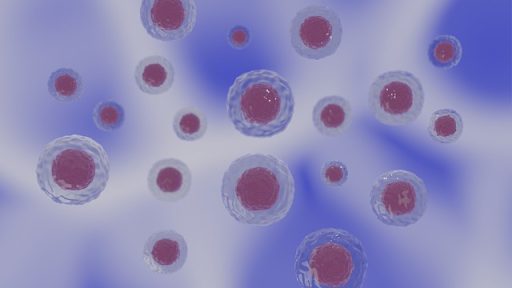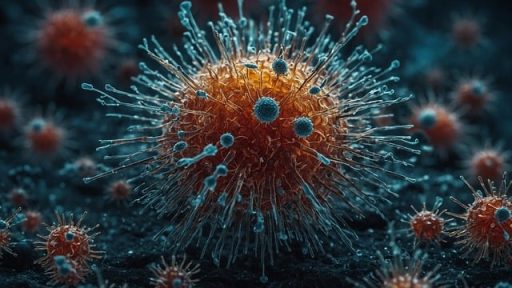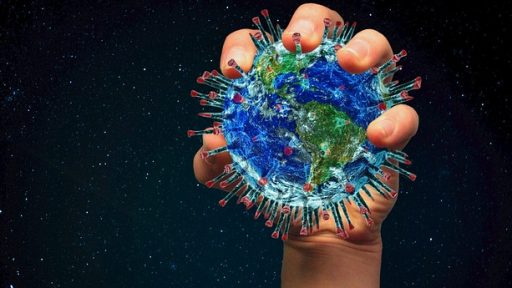Cancer is a complex and often devastating disease characterized by the uncontrolled growth and spread of abnormal cells. One of the most alarming features of cancer cells is their ability to become "immortal," meaning they can divide indefinitely. This immortality, while fascinating from a scientific perspective, is a major reason why cancer can be so deadly. Let's delve into the reasons why immortal cancer cells pose such a significant threat to human health. The Concept of Immortal Cells In a healthy body, cells have a limited lifespan. They undergo a cycle of growth, division, and eventually, programmed cell death (apoptosis). This process ensures that old or damaged cells are replaced by new, healthy ones. However, cancer cells can escape this cycle. Due to mutations and genetic alterations, they can avoid apoptosis and continue dividing uncontrollably. How Immortal Cancer Cells Cause Harm Tumor Formation: As immortal cancer cells continue to divide, they form masses of tissue called tumors. These tumors can disrupt the normal functioning of organs and tissues by crowding out healthy cells and obstructing vital pathways. Invasion and Metastasis: Immortal cancer cells have the ability to invade nearby tissues and spread to other parts of the body, a process known as metastasis. When cancer metastasizes, it becomes more challenging to treat and can affect multiple organs, leading to life-threatening complications. Nutrient Depletion: Rapidly dividing cancer cells require a significant amount of nutrients and oxygen to sustain their growth. They can hijack the body's resources, depriving healthy cells of the nutrients they need to function properly. This can weaken the…
Chronic diseases such as diabetes, heart disease, and hypertension are major health concerns worldwide. However, many of these conditions can be prevented or managed through lifestyle changes and proactive healthcare measures. Here are some strategies to help you reduce the risk of chronic diseases and maintain a healthy life. 1. Maintain a Healthy Diet A nutritious diet is the cornerstone of chronic disease prevention. Focus on eating a variety of fruits, vegetables, whole grains, lean proteins, and healthy fats. Limit the intake of processed foods, sugary drinks, and high-fat items. A balanced diet supports overall health and helps prevent conditions like obesity and type 2 diabetes. 2. Regular Physical Activity Engaging in regular physical activity helps to control weight, improve cardiovascular health, and strengthen muscles and bones. Aim for at least 150 minutes of moderate-intensity aerobic exercise, such as brisk walking, or 75 minutes of vigorous-intensity exercise, such as running, each week. Incorporate muscle-strengthening activities on two or more days a week. 3. Avoid Tobacco and Limit Alcohol Smoking is a leading cause of many chronic diseases, including lung cancer and heart disease. If you smoke, seek help to quit. Similarly, limit alcohol consumption to moderate levels – up to one drink per day for women and two drinks per day for men – as excessive drinking increases the risk of liver disease, certain cancers, and other health issues. 4. Regular Health Screenings Regular check-ups and health screenings are vital for early detection and management of chronic diseases. Work with your healthcare provider to monitor key health indicators such…
Throughout history, humanity has faced numerous viral outbreaks that have had profound impacts on health, society, and the global economy. These events have shaped the way we understand and respond to infectious diseases. Let's explore some of the most significant viral outbreaks in human history. 1. The Black Death (1347-1351) The Black Death, caused by the Yersinia pestis bacterium, is one of the most devastating pandemics in human history. It swept through Europe, Asia, and Africa, killing an estimated 25 million to 50 million people. While not a viral outbreak, its impact on society and the understanding of disease transmission set the stage for future responses to pandemics. 2. The Spanish Flu (1918-1919) The Spanish Flu pandemic was caused by the H1N1 influenza virus and infected approximately one-third of the world's population. It resulted in an estimated 50 million deaths, making it one of the deadliest pandemics in history. The outbreak highlighted the importance of public health measures and the need for global cooperation in managing infectious diseases. 3. The HIV/AIDS Pandemic (1981-present) Since its identification in the early 1980s, the Human Immunodeficiency Virus (HIV) has become a global health crisis. HIV attacks the immune system, leading to Acquired Immunodeficiency Syndrome (AIDS). To date, more than 37 million people are living with HIV, and approximately 25 million have died from AIDS-related illnesses. Advances in antiretroviral therapy have transformed HIV from a fatal disease to a manageable chronic condition for many. 4. The SARS Outbreak (2002-2003) Severe Acute Respiratory Syndrome (SARS) is caused by the SARS coronavirus (SARS-CoV). The outbreak began…


